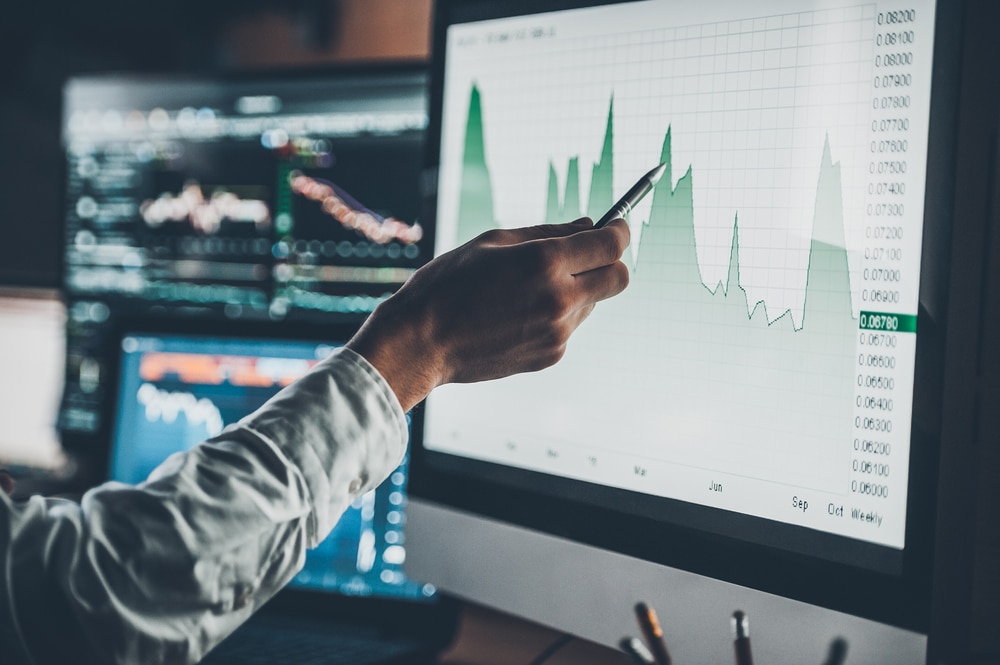
Many of the world’s remaining transatlantic telegraph cables are now over 100 years old.
They would be completely obsolete were it not because they now carry data by fibre-optic cable rather than electricity.
The history of this invention is fascinating; it shifted information-carrying from sending electrical signals to sending pulses of laser light through glass fibres so thin you could fit over 13,000 side by side along with human hair.
The advantages of fibre optic cables for trading
But these new “fibre optic” cables have had a profound effect on global financial markets, too.
Instead of having to physically send share certificates across the oceans or physically deliver gold bars between Singapore and New York at nightfall each day. By lunchtime, any trade executed in a Saxo bank anywhere in the world can be settled, be it in the City of London, or Singapore.
The manipulation of currency prices
But the speed and ease of modern trading have brought a new problem: rogue traders who try to manipulate markets for personal gain.
The Libor scandal in 2012, when several banks were accused of manipulating global rates used to set trillions of dollars worth of financial contracts, was followed by an investigation into the currency market.
Here it emerged that major institutions had been trying to rig currency prices, too.
The relevance of fibre optic cables concerning CFDs
It’s not yet clear whether this activity extends to other digital futures and derivatives products traded over state-of-the-art fibre optic cables. Still, there are growing calls for regulators to get better at overseeing them.
These products are called “Contracts For Difference“, or CFDs. CFDs are a form of derivatives.
An investor buys one CFD in the hope that the price of an underlying asset – such as oil, gold, silver, or shares listed on a particular exchange – will rise or fall by a set date, and they’ll make money from the difference between their purchase price and what it ends up being worth.
CFDs can also speculate on currencies because they’re traded over-the-counter through banks and other dealers rather than through traditional exchanges like stocks.
The challenges for regulators concerning CFDs
The problem with a CFD is that because it’s a contract between two parties to pay the difference in the value of an underlying asset at either party’s behest, there’s no way for regulators to see what might have been behind such a trade.
In addition, the amounts involved with CFDs are often far larger than those for traditional shares and commodities, making them more attractive to market manipulators.
The upshot is that authorities have been looking at ways to tighten regulation around this trading, particularly about smaller retail investors.
It is because so many people who haven’t considered themselves as part of a risk-taking investment community have been piling into CFD trading, lured by promises of huge returns from little or no initial outlay.
About 364,000 Britons have invested in CFDs since 2010, even though most will be completely unaware that they’re speculating on financial products rather than saving money through an ordinary bank deposit account.
Scepticism about CFDs and unregulated trading
It’s not just regulators who are looking at CFDs and other derivatives. Since the global financial crisis, even traditional investors have questioned where and how these products fit within their portfolios.
Growing evidence of unregulated trading has raised concerns about the stability of this market and whether it is as transparent as we once thought.
Those investing in shares or commodities, like gold through a CFD or other derivative products, worry that their investments will lose money (many certainly do). Rogue traders with no stake in the markets will catch them in sudden swings that they (the rogue traders) triggered.
CFDs aren’t inherently bad; they’re an extremely flexible way to invest your money and can often increase returns – primarily if you use them to give yourself more direct access to the markets without taking physical investment positions.
But it’s vital that you understand what you’re getting involved with and whether it is for you – or if there are better ways of making your money work harder.
